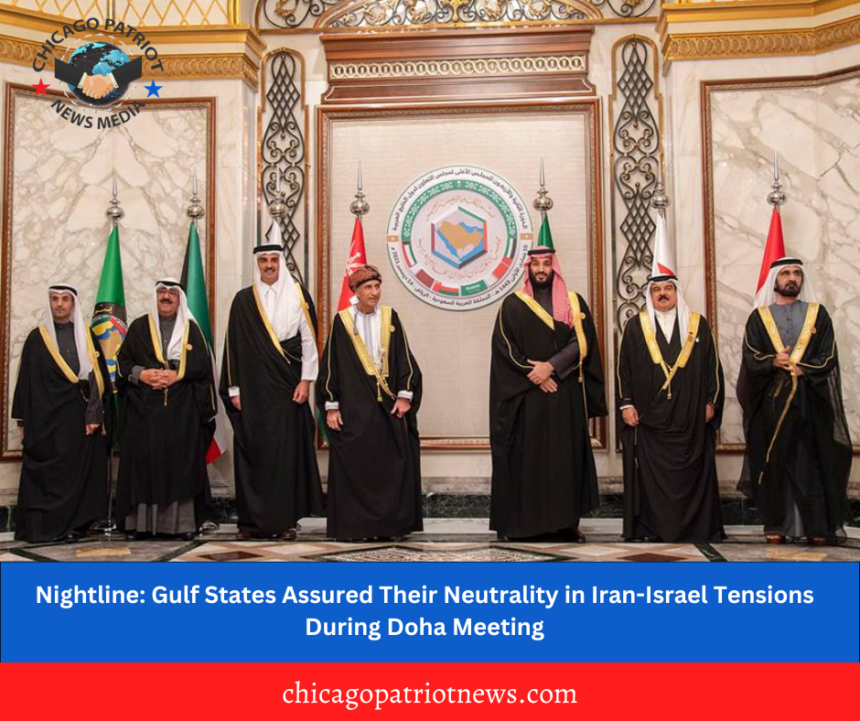Chicago – October 08, 2024
This week in Doha, Gulf Arab states met with Iran during an Asian nations’ summit, aiming to ensure their neutrality amid growing tensions between Tehran and Israel.
According to Reuters sources, these discussions focused on preventing further violence that could impact their oil industries. The urgency to de-escalate arose after Iran’s significant assault on Israel, claimed as a response to Israel’s actions in Gaza and Lebanon.
Iran has declared its recent attack on Israel complete unless provoked again, although Israel has warned of severe retaliation, possibly targeting Iran’s oil facilities.
Amidst these threats, the dialogue in Doha was driven by the necessity to reduce tensions, highlighted by the potential risks to oil production in the region.
Regarding the situation, responses from relevant foreign ministries and government offices in Qatar, Iran, the UAE, Kuwait, and Saudi Arabia have not been forthcoming.
Although Iran has not directly threatened Gulf oil assets, there are concerns it might, using such actions as leverage against the United States and the global economy.
Meanwhile, Saudi Arabia continues to navigate its complicated relationship with Tehran, balancing recent political warming with underlying challenges.






